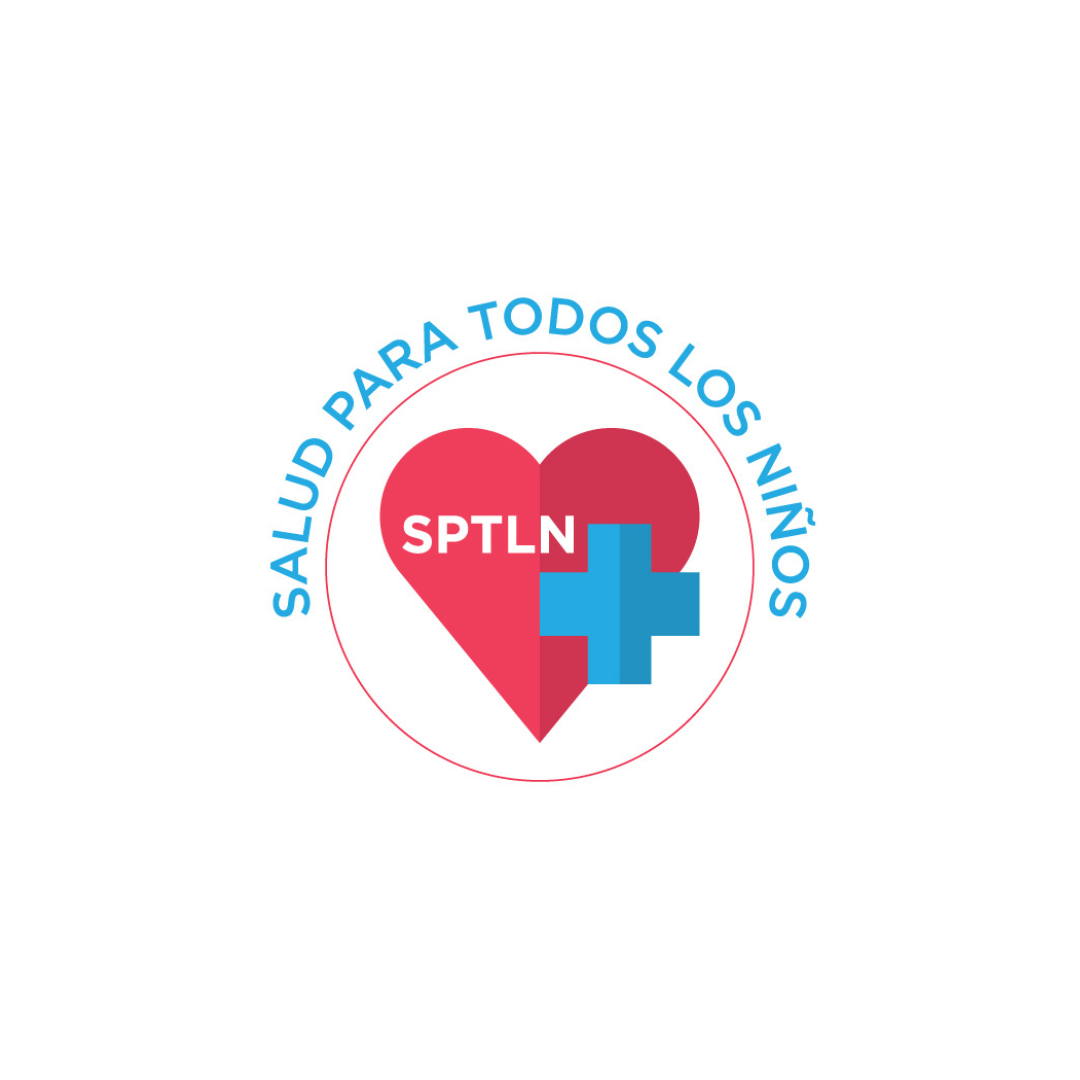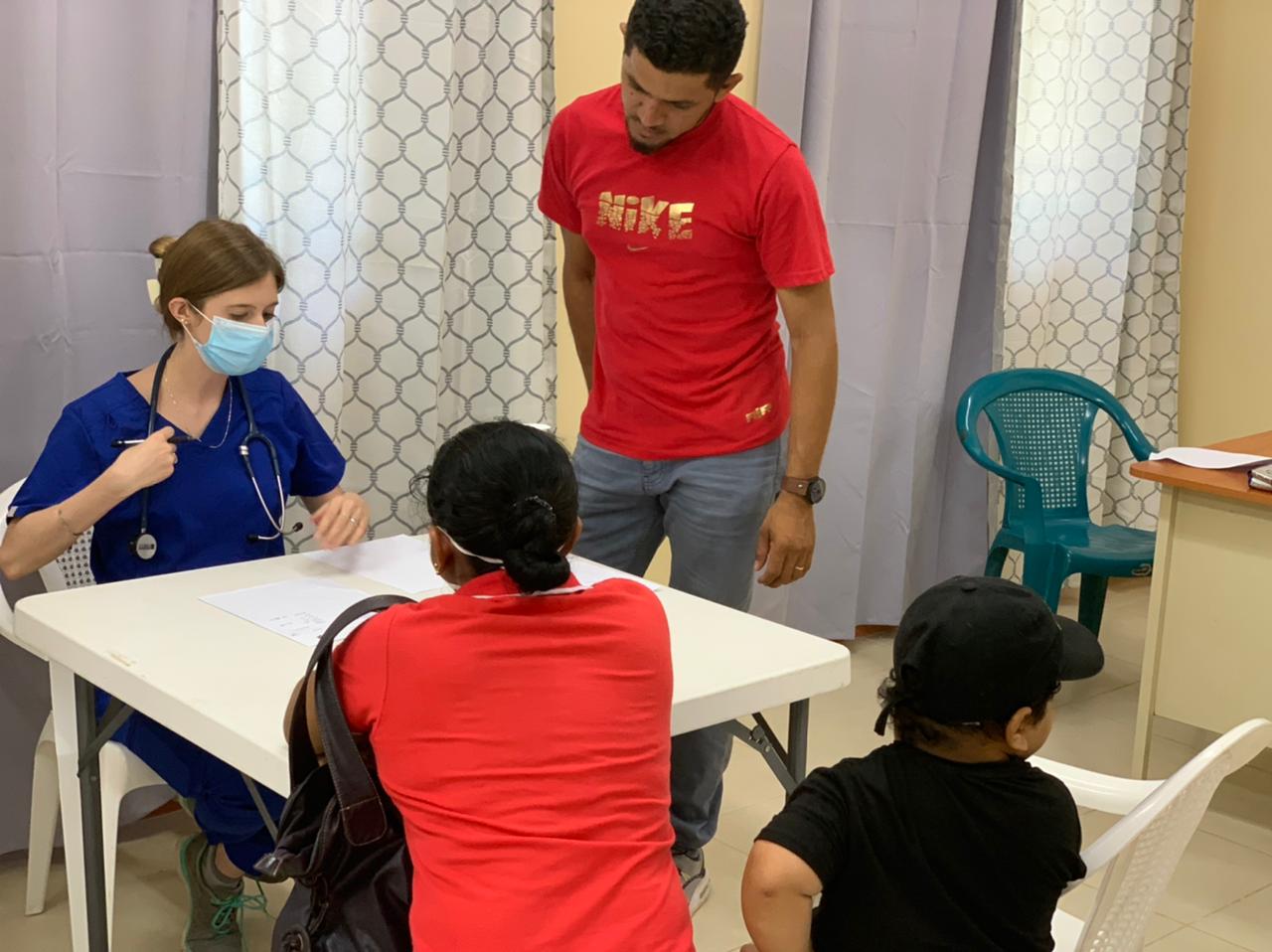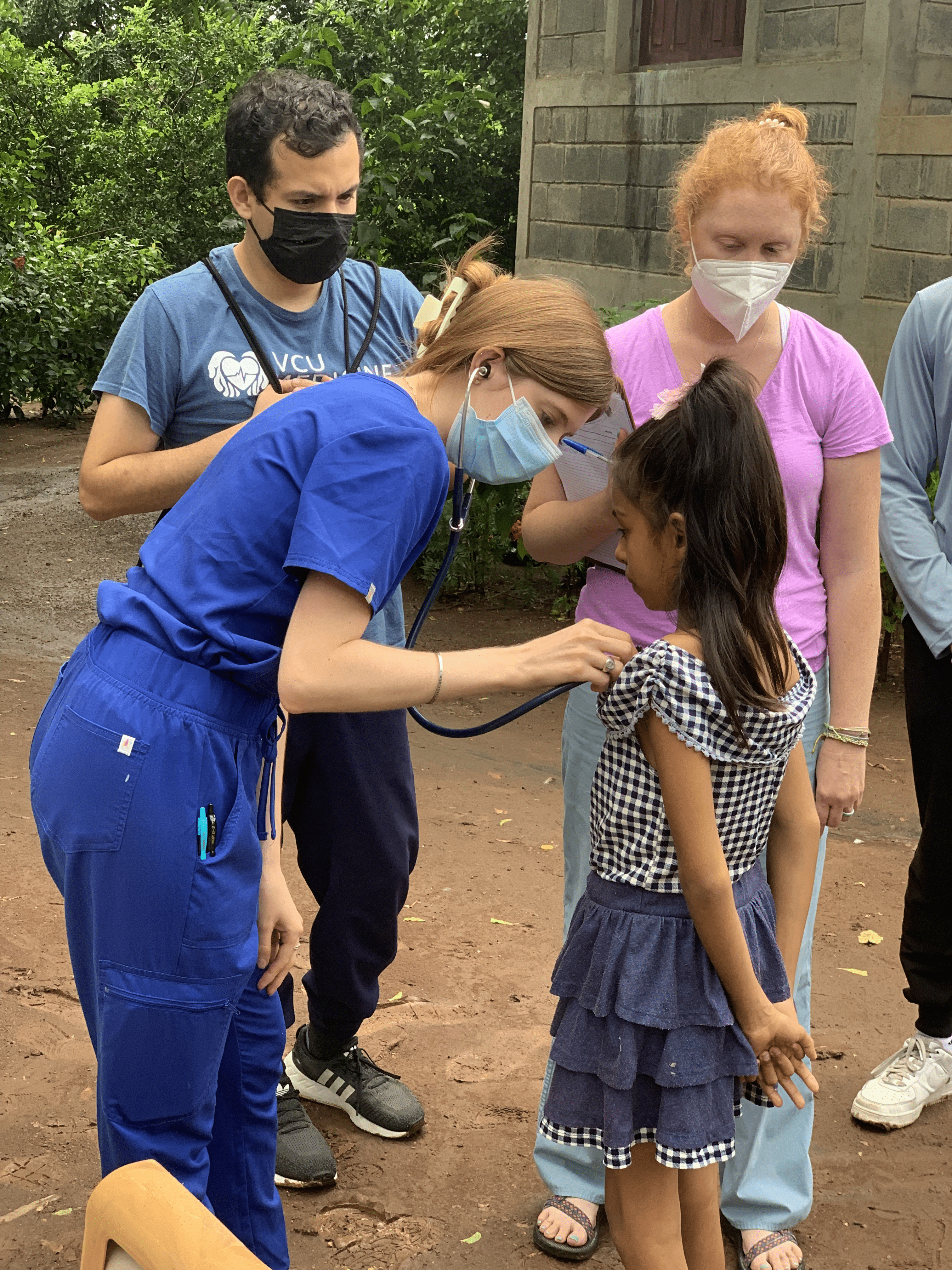
Health for All the Children (SPTLN)
Medical care in limited-resource environments is challenging in all of the expected ways – insufficient equipment, minimal staffing, low inventory of medications – but also in its limited access to specialty services. Too often physicians in health posts or well-meaning practitioners on medical campaigns refer a family to seek follow-up care for their child with a pediatrician or other sub-specialist.

For many of these families, accessing care that may even be free or low-cost is still prevented by the barriers of travel expenses and time away from work. Further adding to the challenge is that a sick or complex child is stressful to a medical provider not specifically trained in how to attend to their condition. This stress can lead to burnout and frustration on both the part of the medical staff and the families.
Our Story
Through Salud para Todos los Niños (SPTLN), we have created a new approach to healthcare for children with chronic medical conditions. Founded in partnership with RGHA (Richmond Global Health Alliance), we worked directly with health posts in Chacraseca, Leon, and other parts of the country to enroll over 100 children with chronic or complex medical needs in a project to improve their care.
Our international team of pediatricians and nurses both in Nicaragua and the United States reviews patient cases, gathers histories from parents, evaluates the patients and provides necessary information on care to the families. We use our connections both locally and abroad to get scarce specialty medical equipment.

We also partner with pharmacies, facilitating discounted or free medications for our program participants. To further ensure this project’s success, we conduct specialty pediatric clinics in conjunction with local Health Posts and Special Needs centers three times a year.
Throughout the year, we maintain continuous follow-up with the patients and their families. Through this partnership between FNE, RGHA and the Health Post, we coordinate all care, referrals and diagnostic studies and respond to ongoing clinical questions in between brigades. We believe that our efforts will continue to build and go beyond ubiquitous public health approaches of vaccination and health maintenance to more directly address the complex medical needs of our patients.
